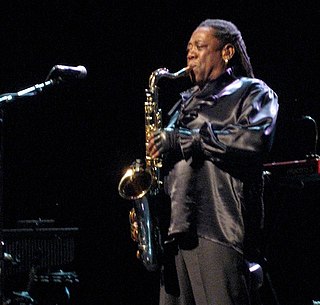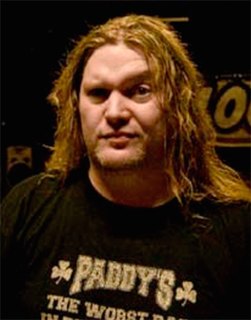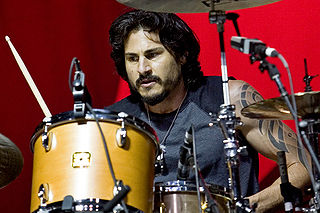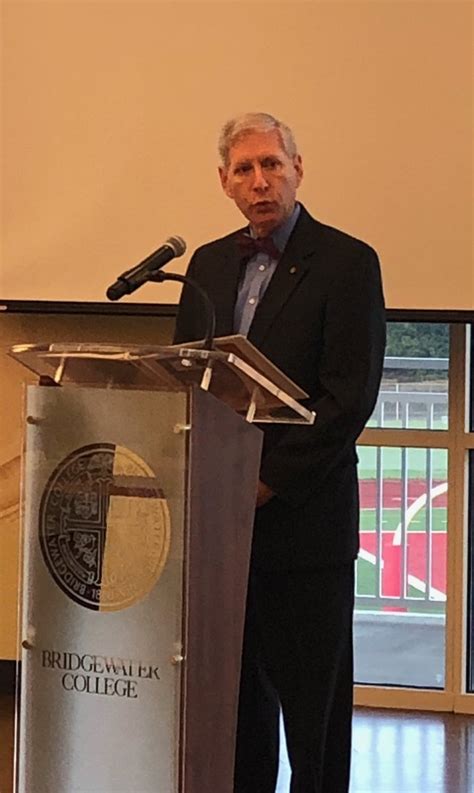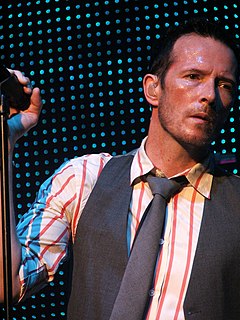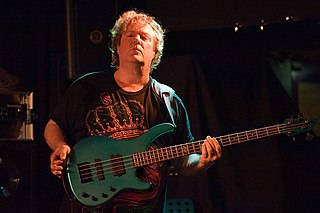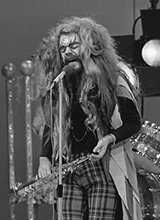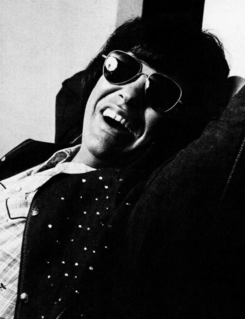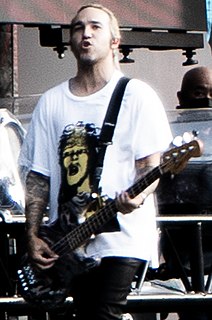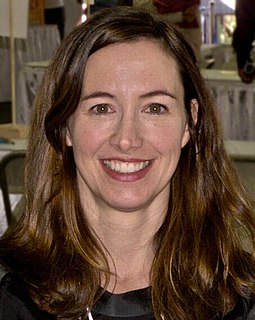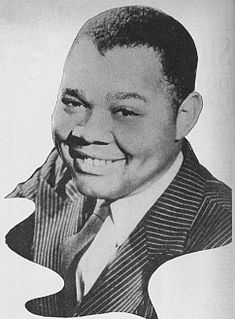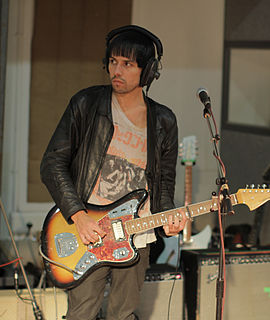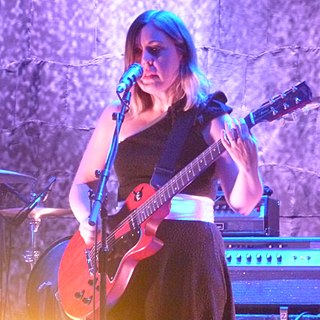A Quote by Clarence Clemons
You had your black bands, and you had your white bands, and if you mixed the two, you found less places to play.
Related Quotes
The three of us [me, Mike Dean, Woody Weatherman] all learned how to play our instruments together. We had a common interest in bands like Black Sabbath, Deep Purple. Bands who had different time signatures etc and for whatever reason, we morphed into Corrosion of Conformity. It's been about thirty years now.
I think it’s really important, and it’s a lesson I didn’t learn until my late teens: Whatever bands that you love, go find out what bands they love, and what bands turned them on, and then you really start getting into the human aspect of it because the further back you go in time the less technology you had, and consequently the better records you had. There’s this incredible library of music thank god.
You never know that this is the moment when you're in the moment. When I was sixteen I moved to a smaller town in Vermont, and at that time I didn't have a band to play in. So I was forced to play in Top 40 bands and fraternity bands and wedding bands. That was all pop music, but I was listening to Weather Report and classical music. Then I went to Berklee College of Music in 1978, and you had Victor Bailey there, and Steve Vai. And suddenly I was among my ilk.
I think there are plenty of good bands out there, but the great bands aren't affected by what's going on around them, trends and all that and competing with other bands and wanting to be the biggest, we find that happens a lot. Bands look at other bands and think: that's what I want, you know? I think that remaining.
I've always been a fan first and foremost - obsessing over bands and seeking out bands, and spending hours and hours listening. When I played music, the scope of my fandom became more myopic; I was focusing on the bands we were touring with, or the bands on the label. And you're always positing yourself in relation to other bands. Since I haven't been playing, I feel a little less cynical. I'm able to seek out music and approach it strictly as a fan.
